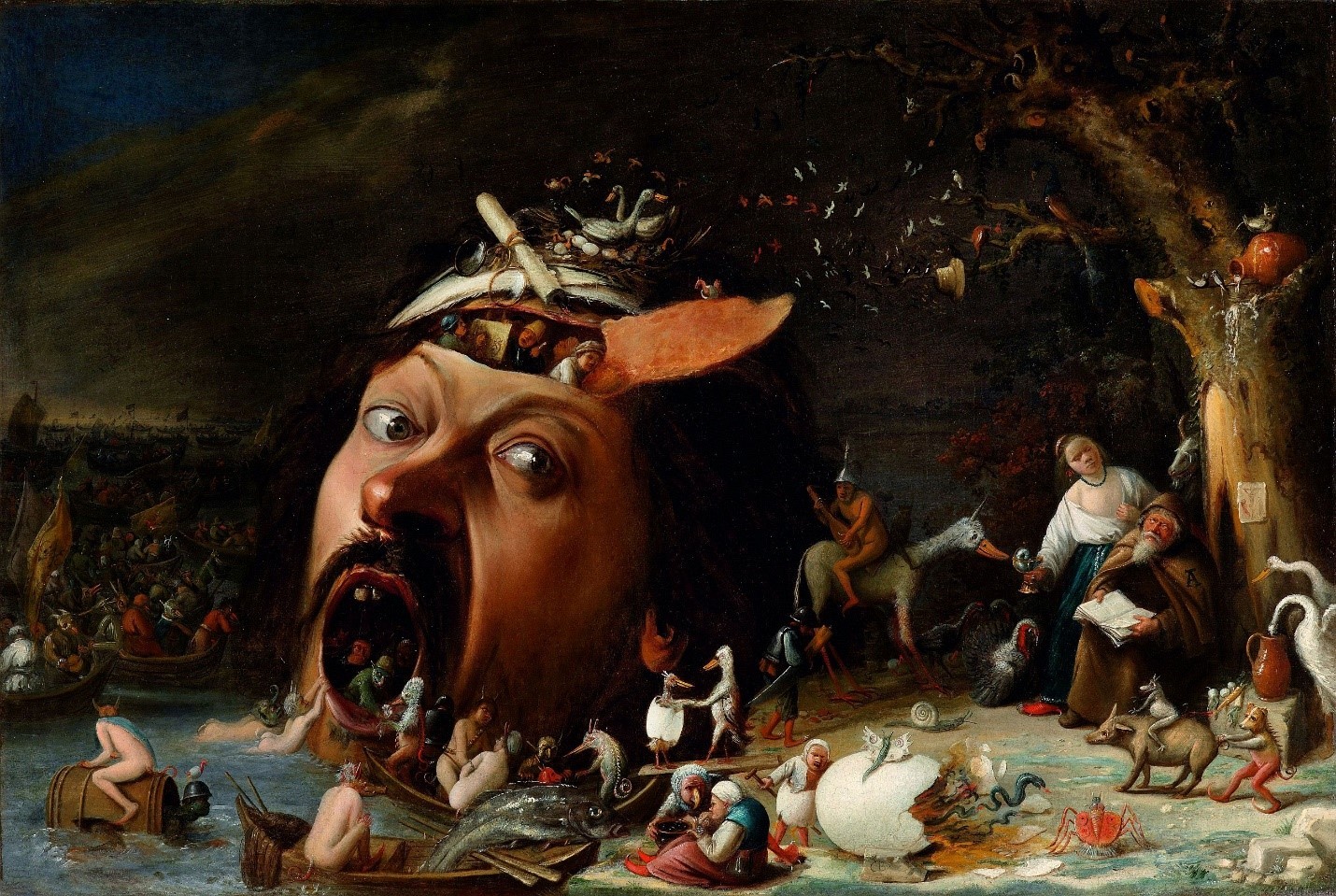Why should a philosopher not be wealthy?
Hi, Mr Wynn P Wheldon! What an interesting question. Let me briefly sketch some possible answers! First of all, some people might question the assumption that a philosopher should not be wealthy. Although most philosophers are not wealthy (by western standards, at least), it might be totally okay for them to get a juicy salary […]
Why should a philosopher not be wealthy? Read More









